Planning a few home upgrades? You might be in for more than just a higher property value — you could trigger a surprise city inspection. What many homeowners don’t realize is that certain renovations, even seemingly minor ones, can legally prompt building officials to step in. Whether it’s due to safety concerns, zoning compliance, or permitting requirements, cities are becoming increasingly vigilant about what happens behind closed doors. Before you swing that hammer or call a contractor, it’s worth knowing which projects might bring an unexpected knock on your door.
1. Installing a New Bathroom

Adding a bathroom — or even upgrading a half bath to a full — can quickly draw the attention of your local inspection office. Because these projects involve plumbing, electrical, and sometimes structural changes, cities often require a permit before work begins. If the project is reported or discovered during a nearby inspection, you may be required to halt construction until your paperwork is in order. In some cases, fines or mandatory tear-outs can follow.
Even cosmetic changes like replacing a tub or moving fixtures could be flagged, especially in homes with prior permit violations. If you’re upgrading or adding a bathroom, plan for a proper inspection to stay in the clear, recommends Key Inspection Services.
2. Converting a Garage into a Living Space
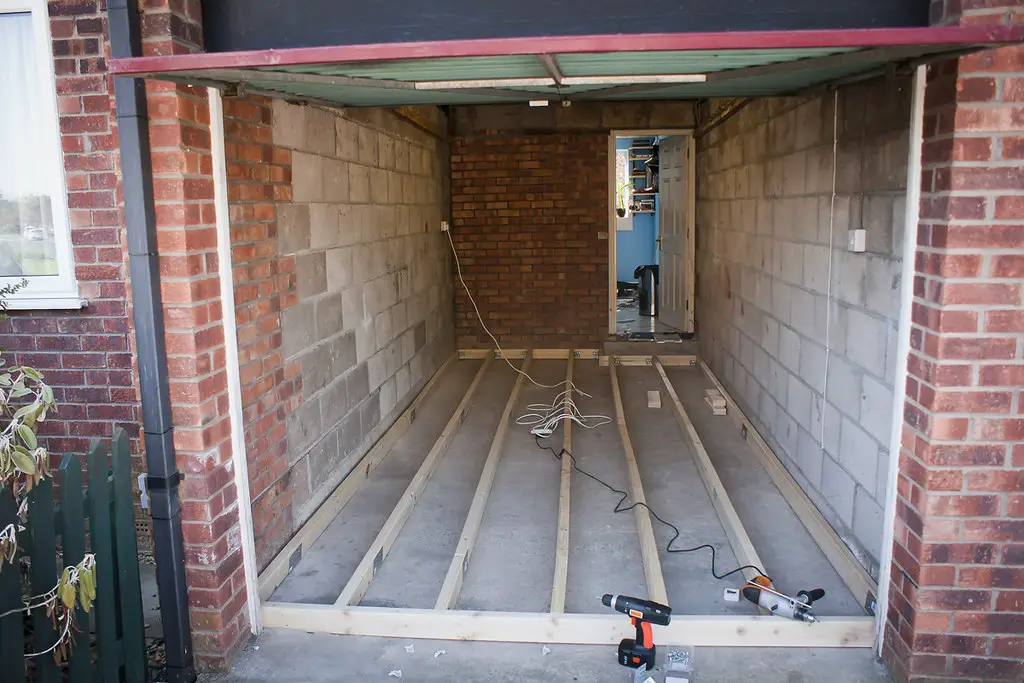
Turning your garage into a bedroom, office, or gym may seem like a smart way to add square footage, but it almost always requires city oversight. Garage conversions typically involve insulation, wiring, plumbing, and changes to ingress and egress — all of which fall under multiple building codes, says Gather ADU. If your neighbors notice the shift and report it, or if the change appears during tax assessment, you may be visited by a code inspector sooner than expected.
Cities are also cracking down on illegal conversions, especially in areas with housing shortages. An unpermitted conversion could not only result in fines but also force you to revert the space to its original condition.
3. Replacing Windows or Adding Skylights
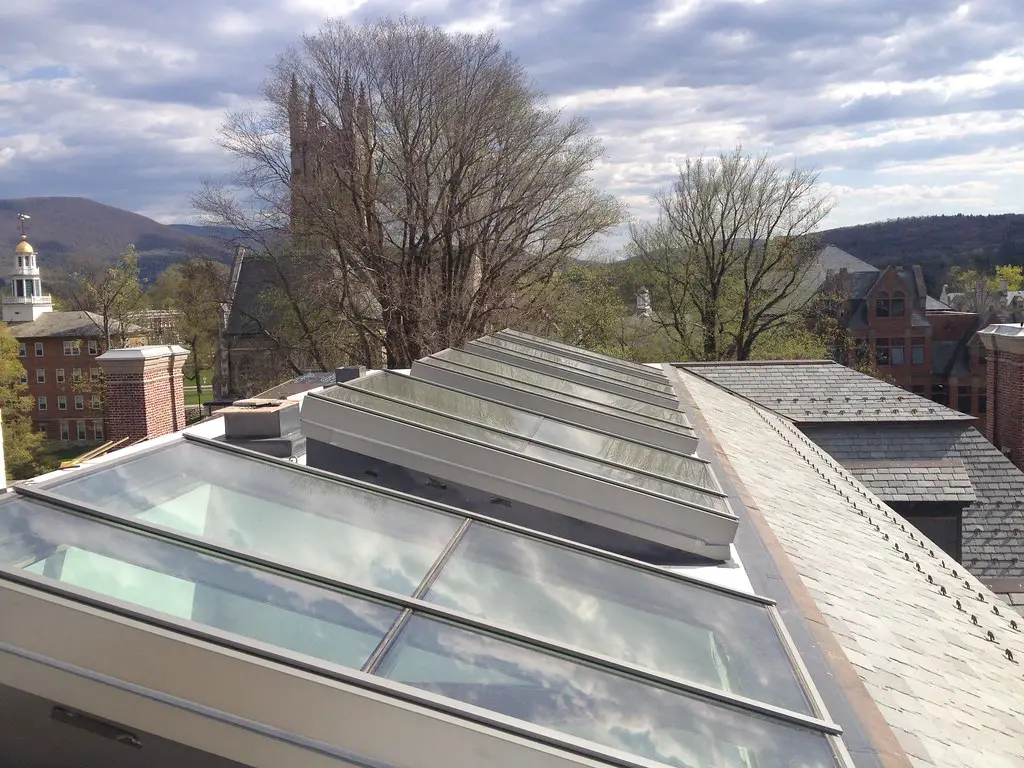
Window replacements that alter size, shape, or style can trigger city inspection, especially if you’re making changes to the home’s exterior appearance or energy profile. Adding new skylights may also involve framing adjustments and roofing modifications, which can impact structural integrity. Municipalities are increasingly reviewing these upgrades to ensure proper flashing, safety glazing, and energy efficiency, says the Building Code Forum.
Failing to report such updates could lead to trouble down the line — particularly during home resale, refinancing, or energy audits. Always check if your window project requires prior approval.
4. Expanding or Rebuilding a Deck
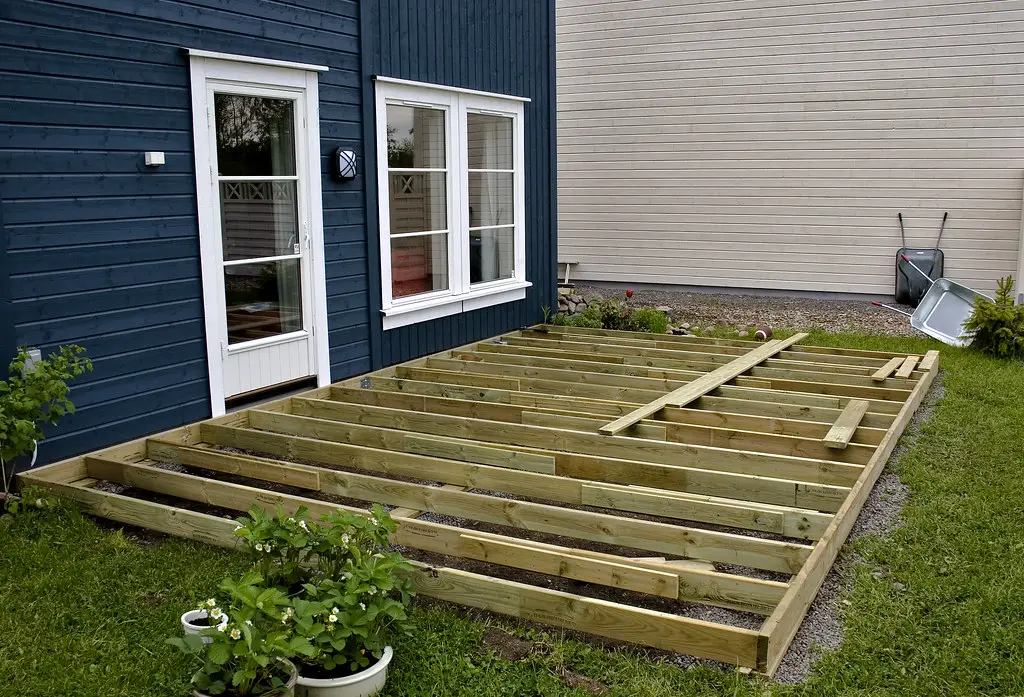
A small patio refresh won’t raise eyebrows, but adding or rebuilding a raised deck almost certainly will, says Home Inspection Geeks. Decks attached to the home or built over a certain height typically fall under zoning and safety regulations, particularly in areas with extreme weather. Load-bearing capacity, railing height, and stair dimensions are closely regulated.
If the city receives a tip — or spots the change via aerial imaging during annual property assessments — you may be ordered to schedule an inspection or cease use until the structure is certified. Cutting corners could backfire in a big way.
5. Upgrading or Replacing the HVAC System

Swapping out an old furnace, adding central air, or installing mini-split systems can all prompt a city inspection. These systems are tied to both mechanical and electrical codes, and improper installation could pose safety risks like gas leaks or fire hazards. If a licensed contractor pulls a permit, an inspection will likely be scheduled automatically. But if you go the DIY route or use an unlicensed installer, you might receive an unexpected visit from a building official.
To avoid trouble, make sure all HVAC work is documented and performed to code — especially if you’re upgrading to high-efficiency or smart systems.
6. Adding a Rental Suite or Basement Apartment

Creating an accessory dwelling unit (ADU) or basement apartment can be a great way to generate income — but it’s also a red flag for inspectors. Cities are cracking down on unpermitted rental spaces, especially when they lack proper fire exits, ventilation, or soundproofing. Zoning rules may prohibit more than one dwelling on certain lots, and violating those rules can lead to serious consequences.
Even listing a space on short-term rental platforms may tip off authorities. Before you begin renovations, check your local ordinances and permit requirements carefully.
7. Upgrading Electrical Panels or Wiring
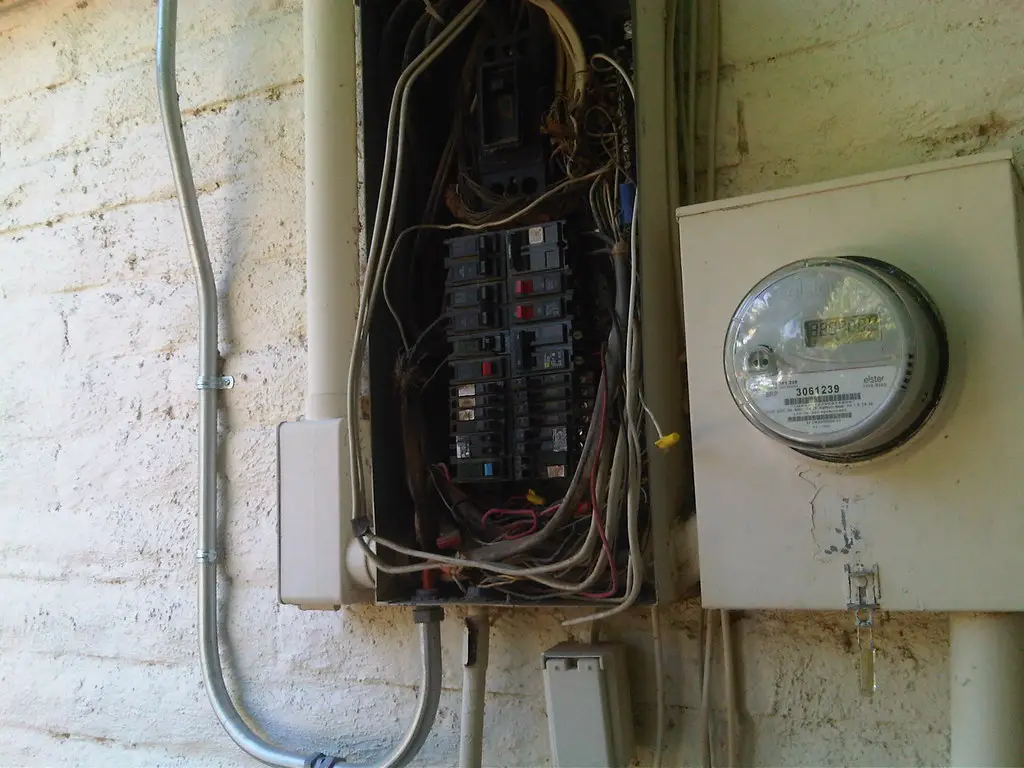
Electrical upgrades aren’t just technical — they’re tightly regulated for safety. Replacing an outdated panel, upgrading your amperage, or running new circuits throughout the home will almost always trigger an inspection. These projects are considered high-risk due to the potential for overloads, arcing, or fire.
If you’re caught doing unpermitted electrical work — whether it’s during a citywide safety sweep or a neighbor complaint — the city can mandate a full electrical audit of your home. The cost of doing it wrong can far exceed the price of doing it right.
8. Remodeling a Kitchen
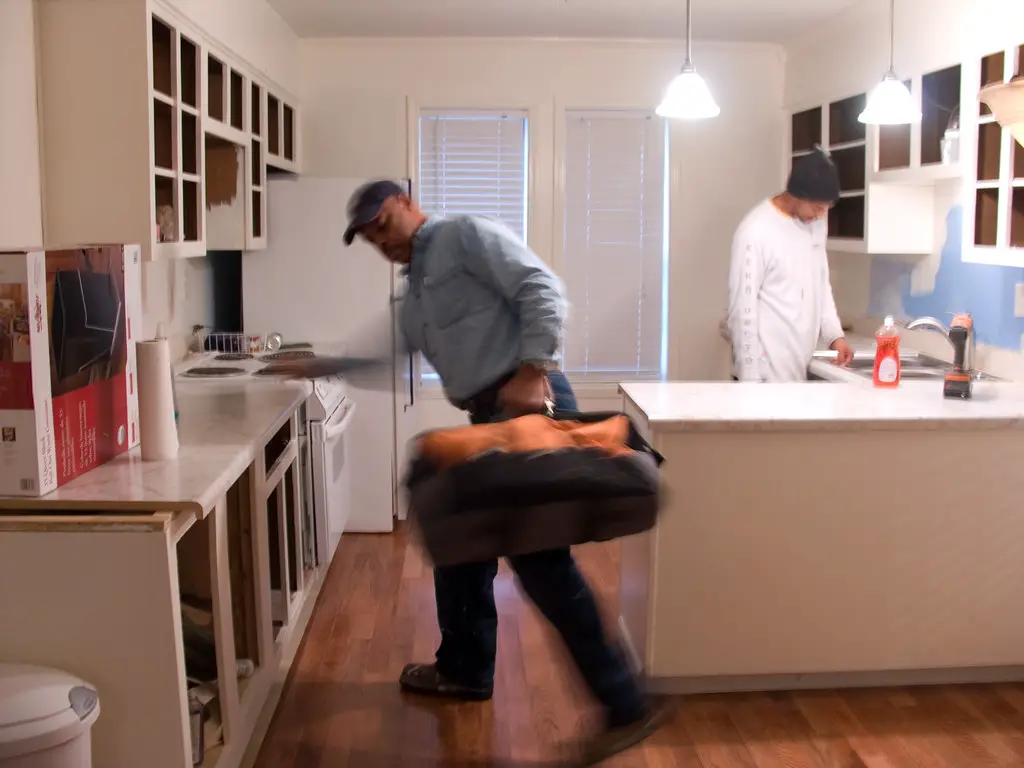
Kitchen renovations are notorious for triggering city inspections. The combination of plumbing, electrical, and sometimes gas work makes it a multi-permit zone. Even a countertop or cabinet upgrade that involves moving outlets or changing sink placement could be cause for scrutiny.
Some cities require an inspection not just during but after the renovation to confirm code compliance. Skipping this step can delay refinancing, resale, or future remodeling efforts.
9. Replacing or Resurfacing a Driveway

It may surprise you, but in many urban and suburban areas, replacing or extending your driveway can prompt zoning and stormwater runoff reviews. Impervious surface rules are growing stricter in response to environmental concerns, and cities are increasingly tracking surface changes through satellite imagery.
Expanding your driveway without approval — especially by paving over lawns or side yards — can result in citations or mandatory changes. Before you pour concrete, get familiar with your local limits on square footage and drainage.
10. Building a Fence or Privacy Wall

Fence construction often seems harmless, but building over a certain height or too close to a neighbor’s property line can result in zoning violations. Many municipalities require a permit for fences over 6 feet tall, and some even require neighbor notification.
If your fence obstructs views, impedes sidewalks, or violates HOA rules, you could face removal orders. Even a complaint from a neighbor can prompt a visit from the zoning office. Make sure your backyard privacy upgrade doesn’t lead to public trouble.
11. Installing Solar Panels
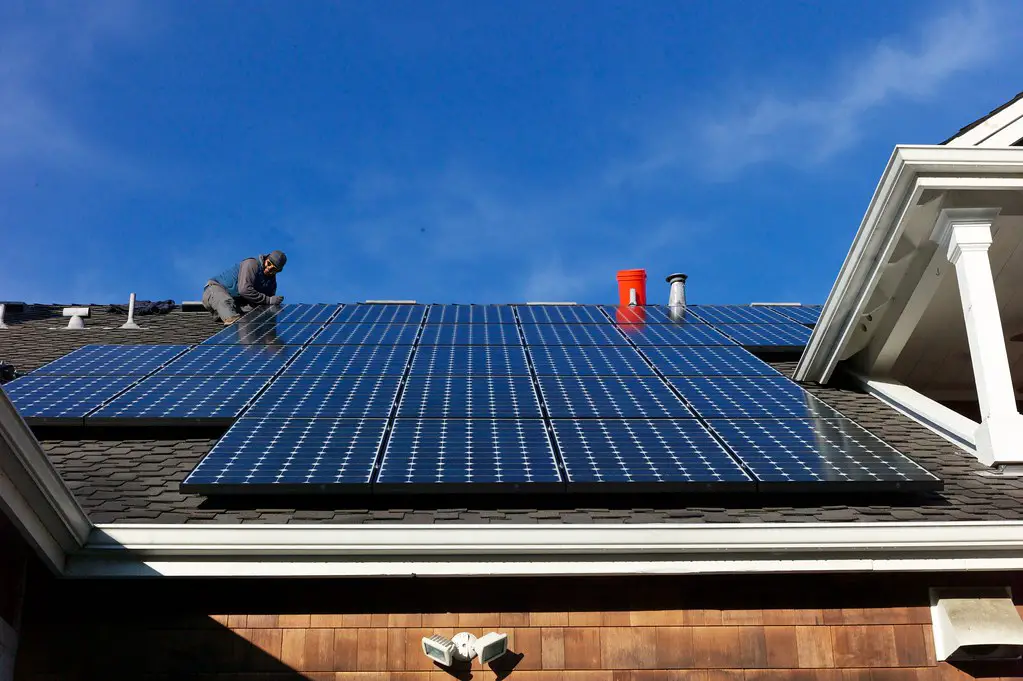
Going solar is eco-friendly, but the process is far from invisible to city regulators. Installing rooftop panels requires inspections to ensure structural integrity, fire code compliance, and proper electrical tie-ins. Cities often schedule both pre- and post-installation inspections.
Some homeowners are tempted to bypass the formal process with DIY kits — a decision that can lead to forced removal, hefty fines, or insurance problems. If you’re investing in solar, be prepared for plenty of paperwork and at least one site visit.
12. Replacing a Water Heater
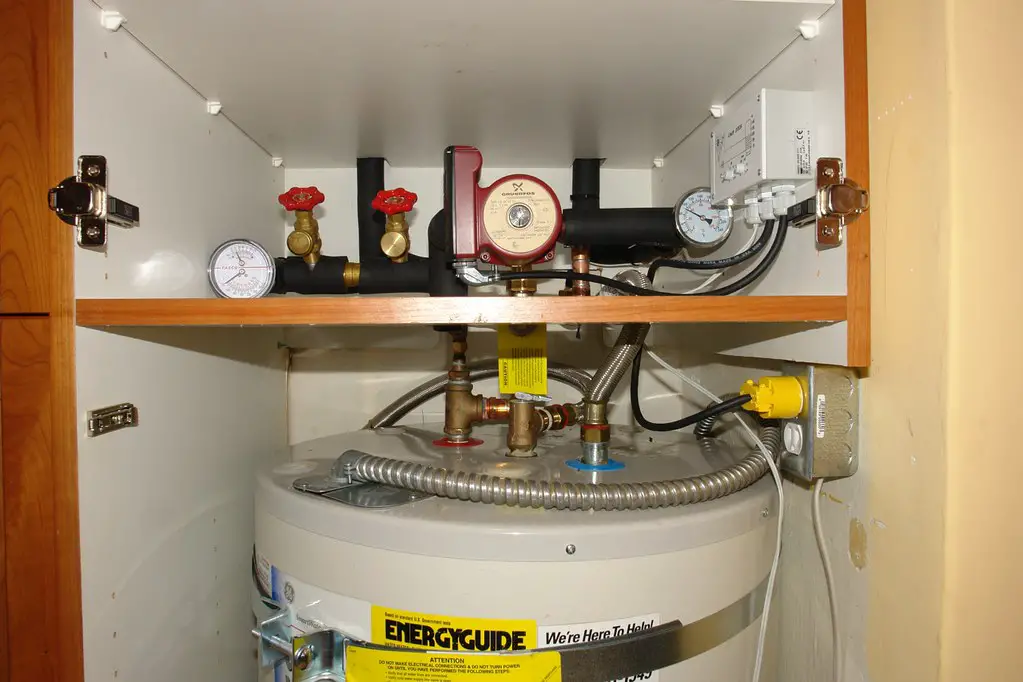
Replacing a water heater might seem routine, but it’s closely regulated — especially if you’re switching from tank to tankless, gas to electric, or relocating the unit. Cities want to ensure proper venting, safe gas connections, and adherence to efficiency standards.
If your installer fails to pull a permit, the city may still find out during a utility inspection, permit history audit, or resale check. Unpermitted water heater work can delay closings or cost you in retroactive permit fees.
